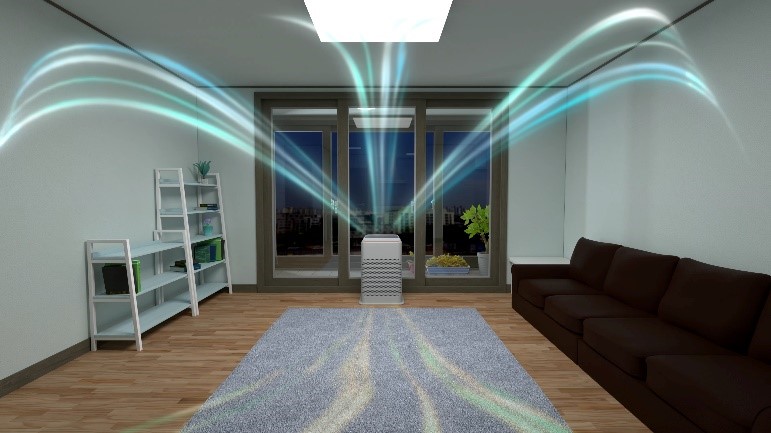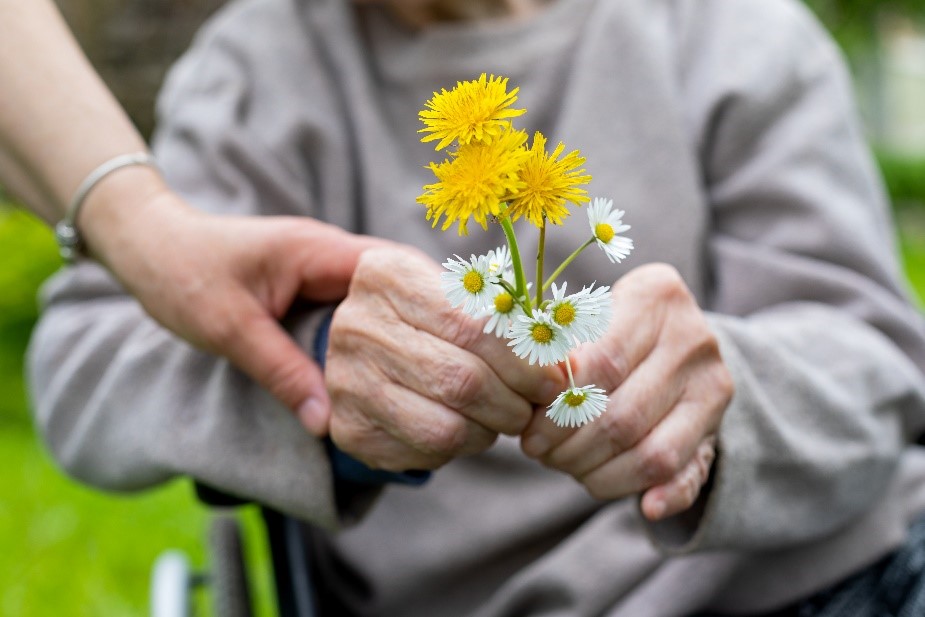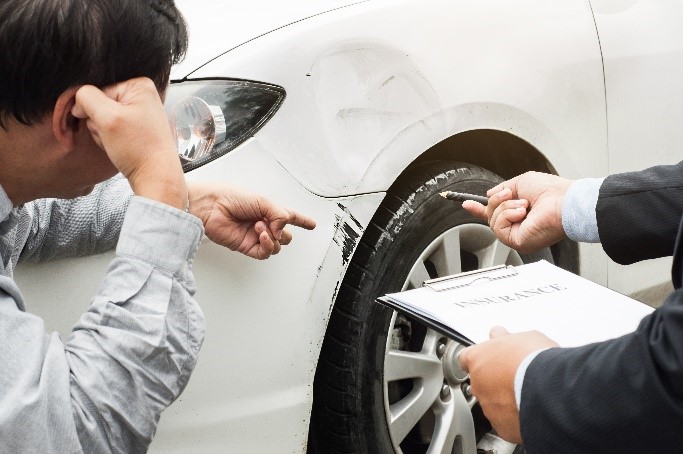Aging is a natural and inevitable development. As a person ages, their life experiences become a part of them, which makes communicating with the elderly and engaging in discussions with them an interesting matter. However, interacting with them must be done respectfully and strengthen the relationship between the two parties – seniors and caregivers. In this month’s blog, you’ll find some tips to avoid some caregiver mistakes and give your loved seniors the best care.
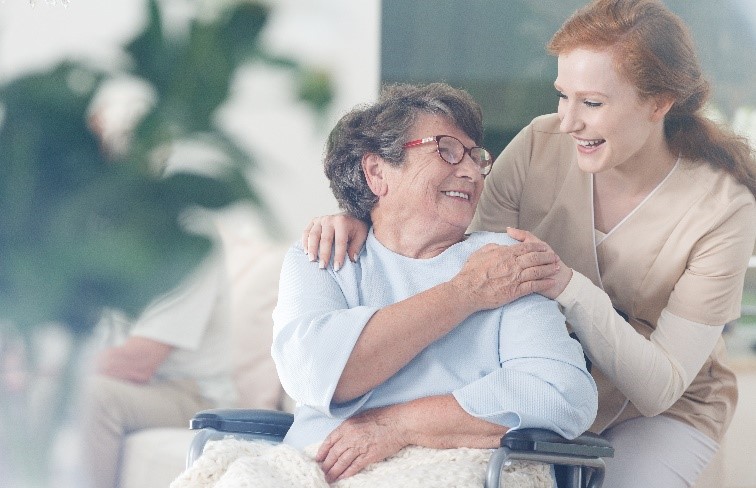
Consider the Age Difference
The age difference is what dictates respect, attention to behavior and even tone of voice.
What to do: Talk to seniors in a calm, understanding, and honest manner about their needs and what you can offer them. Also, do not hesitate to seek help from a caregiver to provide further care. Especially if they suffer from a disease that prevents them from serving themselves, which is something you must fully understand and accept with open arms.
Related: learn more about how to choose the right caregiver here.
Keep Them Strong with a Healthy Diet
Keeping a healthy weight is worthwhile for seniors, so it’s important to follow the golden rule – provide them with healthy food rich in fiber and protein. In addition, if they are suffering from any disease that requires a special diet, it’s best to seek advice from a doctor or nutritionist.
Related: learn more about the healthiest diet for seniors here.
Talk With Them Regularly
Sometimes people forget that seniors get bored quickly. They might have less day-to-day interactions, so this could affect their mood or mental health.
What to do: Allocate time with seniors to have meaningful interactions. Including them in conversations and discussions can lead to better mood improvement and provide deeper connections.
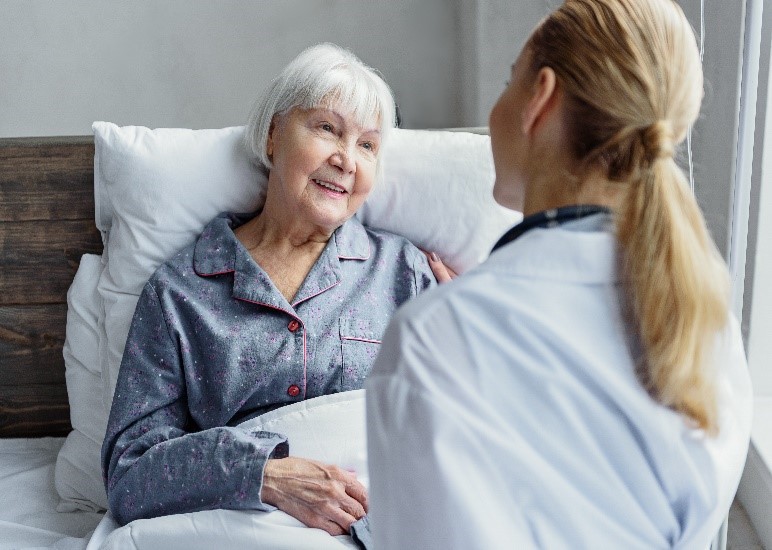
Be Patient
Some elderly people may suffer from disorders that affect speech and comprehension. Memory can be affected by Alzheimer’s, so patience is one of the most important things to have. Moreover, please remember to be understanding of a senior’s medical status, as new symptoms may emerge or change.
Related: Learn more how to cope with an Alzheimer’s patient here.
Conclusion
From having meaningful conversations to dietary changes, there are certain areas of a senior’s life that may need more attention. If you need professional and friendly caregivers in Wilmington, NC, look no further than Home Instead Senior Care. Visit our website or give us a call at (910) 421-2574 to learn more about our services.

